My Insights from Locus Research
Locus Research has been home for the last four years; a time of deep work, serious growth and big learning. Now my journey is leading me on to new things, and it’s time to reflect on the insights I’ll be taking with me as I leave.
My first impression when I walked through the door of Locus Research back in 2015 was simple; This place has substance. The work was done with intent and made up of equal parts, creativity and rigour. My journey at Locus has been to embody the mode of work here in my way. This required time to absorb the Locus way of working and practice it in my day-to-day, before doing my bit to extend it with my creativity and insight.
Here are a few key lessons that I’ll be taking with me as I leave this exceptional team.
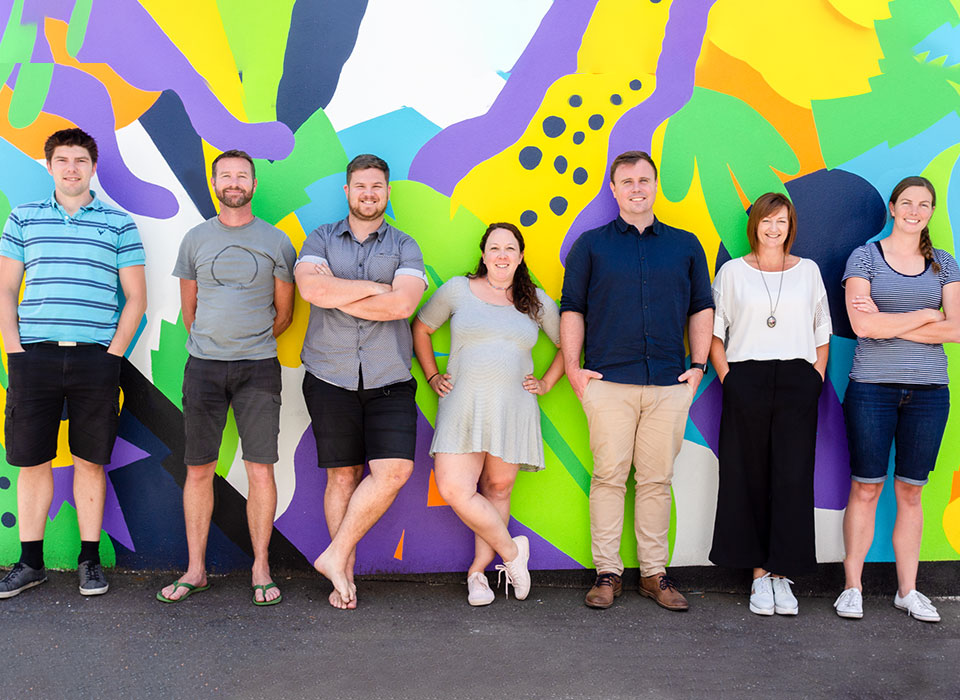
1. It’s easy to kill ideas. The real art is in getting through
The truth is that it’s easy to kill ideas. Taking an idea from concept through to reality is a big ask, and there are an array of challenges that make any commercialisation journey tough to achieve. If it were easy, everyone would do it. There is plenty of advice around that will focus on mitigating the risks of entrepreneurship to the point of killing an opportunity altogether.
In reality, commercialising an idea is a creative challenge at its core. Navigating the obstacles inherent in this whole commercialisation journey requires laser-focus on what it is that we actually want to bring in to the world (create), and a sort of informed optimism, that despite the challenges, we’ll be able to find a way to get there.
Getting through means finding a pathway to navigate the challenges inherent in this whole commercialisation challenge. If we get through, we’ve been successful.
Talking to clients and colleagues in these terms is energising – we’re taking their ambitions and ideas seriously, not just dismissing them out of hand. While we may need to provide some direct and challenging feedback, we do it from a position of wanting to succeed.

2. Framework, not process
While it’s tempting to roll out a process that has ‘worked before’, we need to be crystal clear on the limitations of this type of algorithmic approach. A linear process is an efficient way to get through the work, but it requires a system with known quantities. Given that no two commercialisation journeys are alike, an algorithmic process runs the risk of doing more harm than good.
Each opportunity and each attached to that opportunity is unique and has unique constraints. Our mode of work starts with an appreciation for this variation. Our first task is usually to uncover the elements that make an opportunity unique from what we’ve seen in the past, and all the work that follows must be sensitive to what we learn here.
If the art is in getting through, then the substance is in the framework we use to get there. Approaching commercialisation must be centred on a resilient and flexible framework or approach to the work. No two commercialisation journeys are the same, so if we ever feel like we’re ‘colouring by numbers’ we know we have a problem.
So, instead of an algorithm, we always strive to use a heuristic approach; a way of looking at the challenge that helps us solve for the most pressing problem, and progress towards a successful outcome.
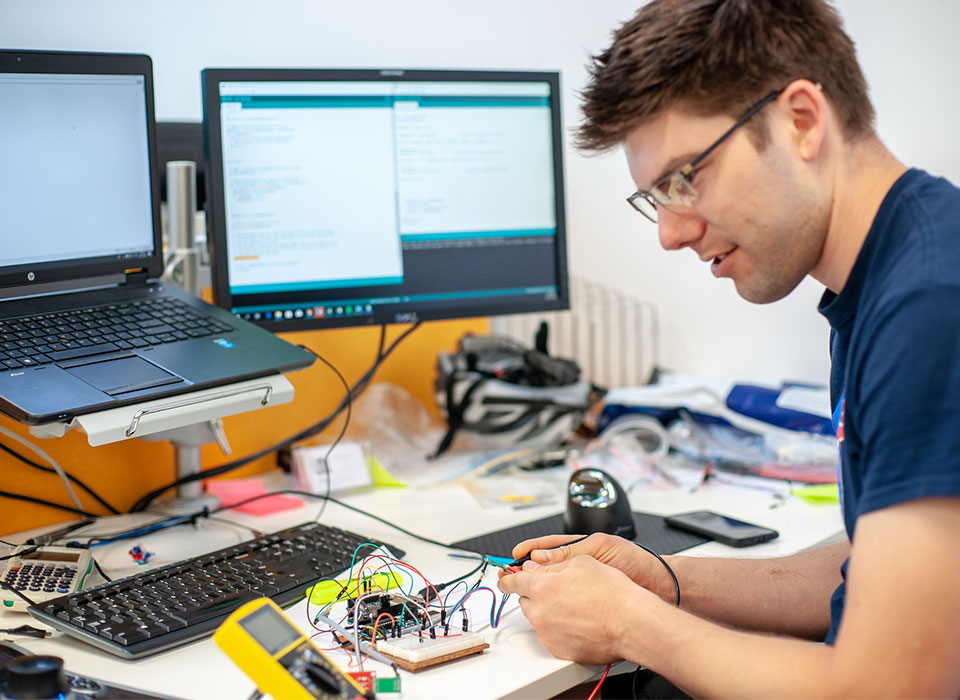
3. Don’t assume people want what you want
Like it or not, we all view the world through our own lens, our worldview, and have our context that informs our decisions. We each have our own set of values and beliefs that help us prioritise what we want to achieve. We also have our context and set of constraints, that place limitations on how we want to get there. If our goal is ‘getting through’ then, we need to be very clear on what’ getting through’ means for the people involved in a project.
Thanks to our own worldview, it is easy to fall into the trap of assuming that the people involved in a project or opportunity will want the same thing we would want. Any advice or support given without clarifying this detail is going to be fraught. While it’s probably accurate based on what we would do in their shoes, it can be wildly off-base for someone with a different value-set and context to us.
The key questions we need to ask to uncover this are:
1. “What do YOU want to see out of this?” and
2. “why do you want that outcome?”
Ultimately this an exercise in humility. When we show that we want to understand the people we work with, as much as we want to understand their idea, we win the right to help them on that journey.
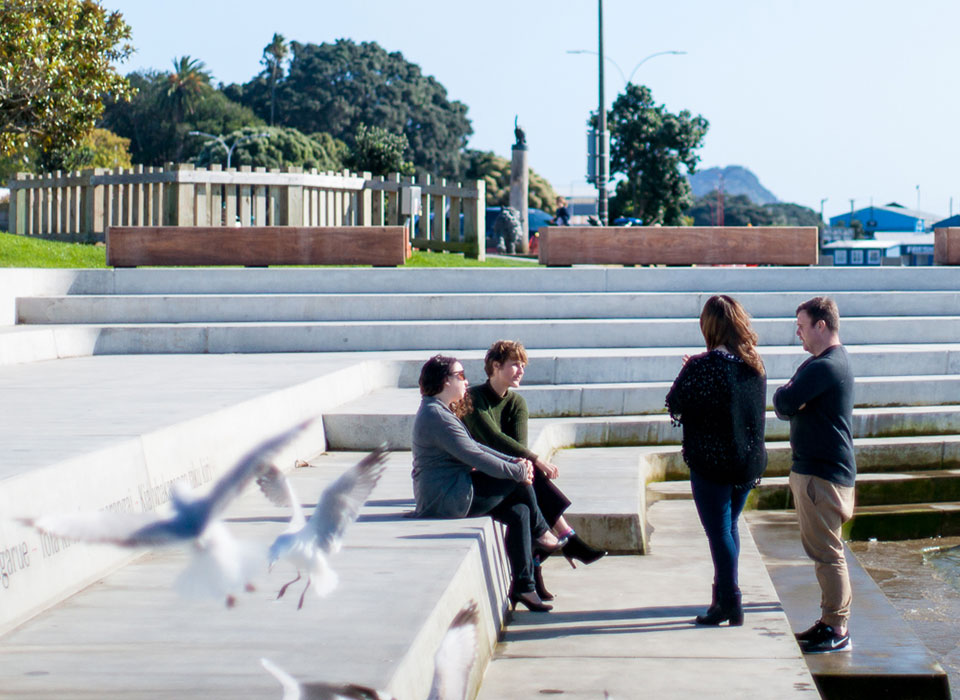
4. Locus is its people
At the end of all that, the most important lesson is this: Locus is its people. To do the type of human-centred, three-dimensional work that makes Locus special, you need to have a meeting of the minds, and the team here are an exceptional example of precisely that.
Each person in the team brings their perspective, and their unique brilliance each day. We’ve worked hard to support each other and push the envelope. No question has been too hard, and no debate too strong.
It has not been uncommon for people to engage in challenges that sit outside their core expertise. I have learned that this input has been critically important to the integrity of the work here at Locus. By sharing all that context, we work to maintain a broad view on the work being we deliver. By unabashedly sharing our enthusiasm, we’ve helped draw each other into new ways of thinking. By backing our perspective, we’ve brought valuable insight from a wide range of disciplines on the work we’ve been doing.
I am hugely grateful to all these talented and brilliant people that I’ve had the chance to work with over my time here at Locus.
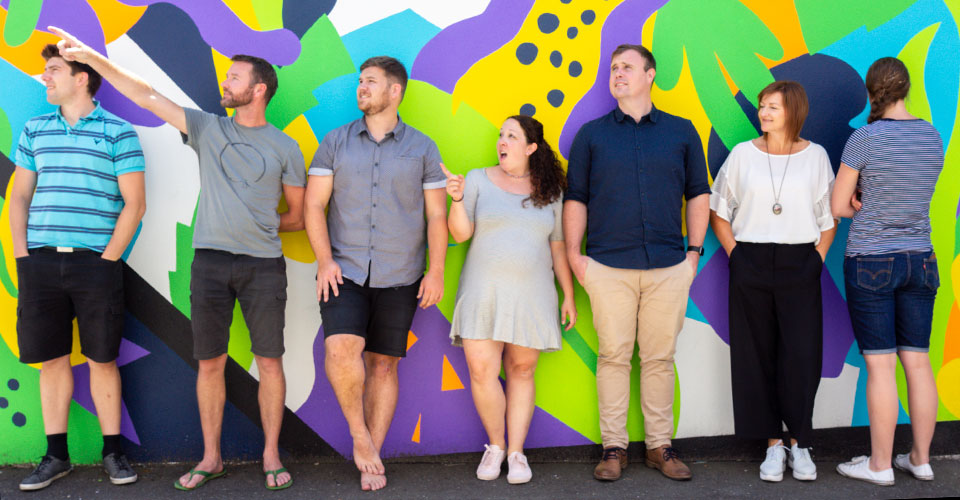
Some have bits of it, very few have all of it
The fact is, that very few teams have the opportunity to tackle challenges with the sheer breadth that is possible here at Locus Research. Together, we’ve been involved in funding and commercialising new businesses, developing world-beating new products, and driving insight around new product opportunities and policies.
Some teams have bits of this breadth, insight, and creativity. Very few have all of these elements together in one team.
This goodbye is a bitter-sweet moment for me. I’ll be leaving Locus with heartfelt gratitude for the opportunities it has given me, the things it has taught me, and the time I have spent working with one of the best teams in the business.
Cheers to you Locus, you will be missed.
Want to read more on creativity, design, product development and innovation? Go to our Six Lenses Blog.
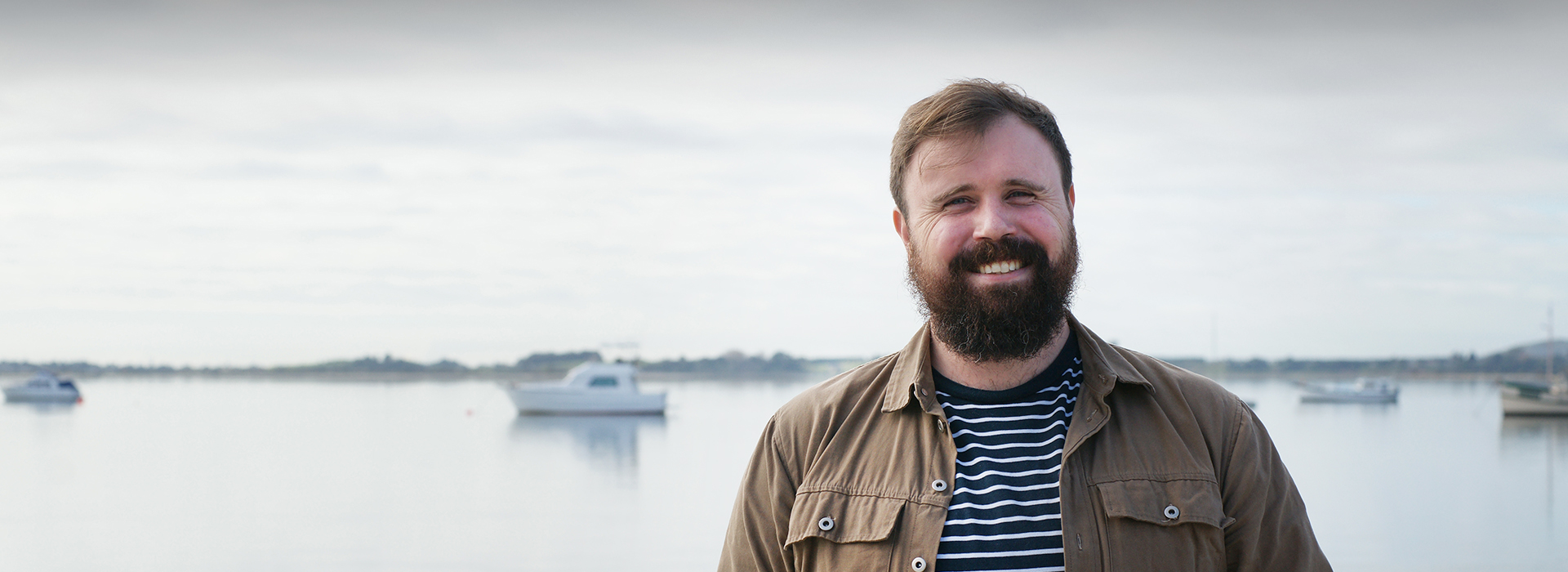

Comments